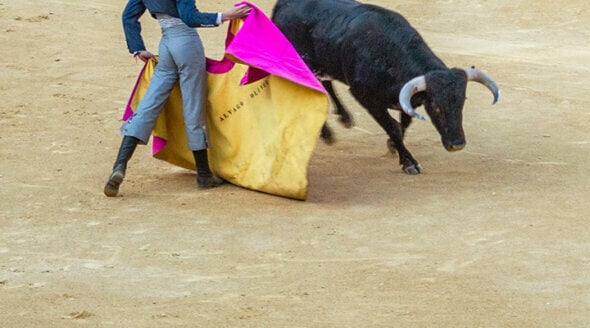Major Antitoxin Manufacturers Under fire For Sick, Malnourished, Neglected Horses
For Immediate Release:
6 October 2016
Contact:
Jennifer White +44 (0) 20 7837 6327, ext 222; [email protected]
MAJOR ANTITOXIN MANUFACTURERS UNDER FIRE FOR SICK, MALNOURISHED, NEGLECTED HORSES
PETA Urges Indian Environment Ministry to Shut Down Cruel Factory-Like Equine Facilities
London – A series of inspections authorised by the Animal Welfare Board of India and conducted by experts from groups including PETA India has revealed widespread abuse and neglect of thousands of equines in India who are being used as living factories to create antitoxins and antivenins that are exported worldwide.
In response, PETA – whose motto reads, in part, that “animals are not ours to experiment on or abuse in any other way” – is calling on the Indian Ministry of Environment, Forest and Climate Change to shut down the equine-abusing facilities.
Video footage and photographs can be downloaded here and here.
“In facilities across India, frightened, lame, and malnourished equines are left to suffer without proper veterinary care while being used as living blood bags for antitoxin and antivenin producers”, says PETA Director of International Programmes Mimi Bekhechi. “PETA is calling on authorities to shut down these abusive, miserable factories and encourage modern, animal-free ways of manufacturing these products.”
Veterinarians and experts inspected 10 major facilities across India. At most of these facilities, records indicate that many animals are bled several times a month and have more blood drawn than is permissible, according to guidelines established by the Committee for the Purpose of Control and Supervision of Experiments on Animals.
Inspectors observed that many animals suffered from poor nutrition, poor dental care, digestive tract diseases, painful lesions on their legs, and severe arthritis that left them with abnormal gaits or lameness. Anaemia, diseased hooves, eye abnormalities, and skin diseases such as ringworm were also commonly observed.
Equines were also forced to stand in their own waste in crowded, dirty sheds. Seriously ill animals were housed together with healthy ones, placing the latter at risk of contracting infectious diseases Laboratory analyses of blood samples collected from the animals revealed that, on average, 36 per cent of them suffered from some form of anaemia and 19 per cent from some form of infection.
For more information, please visit PETA.org.uk.
#

